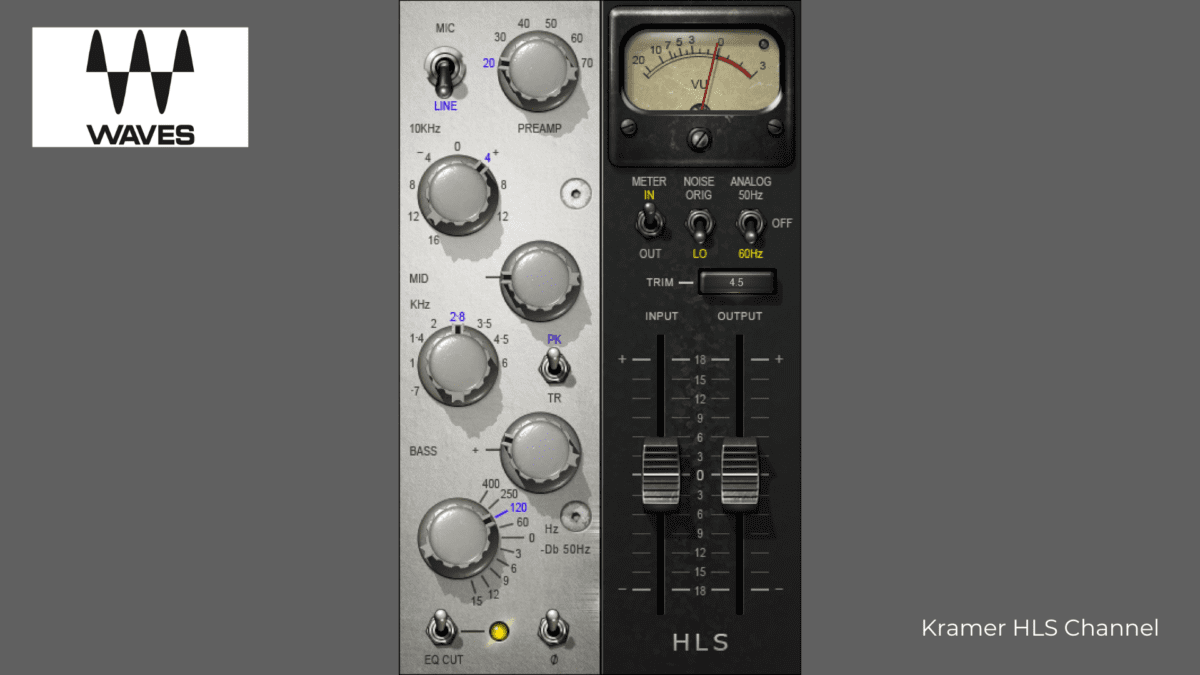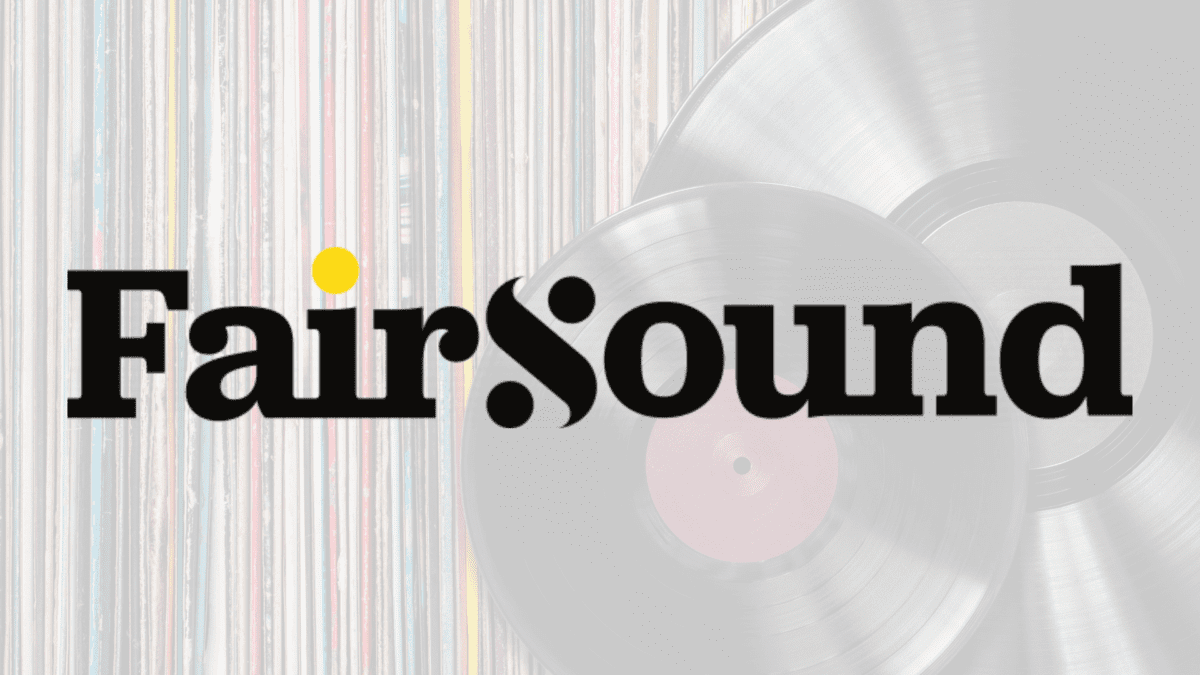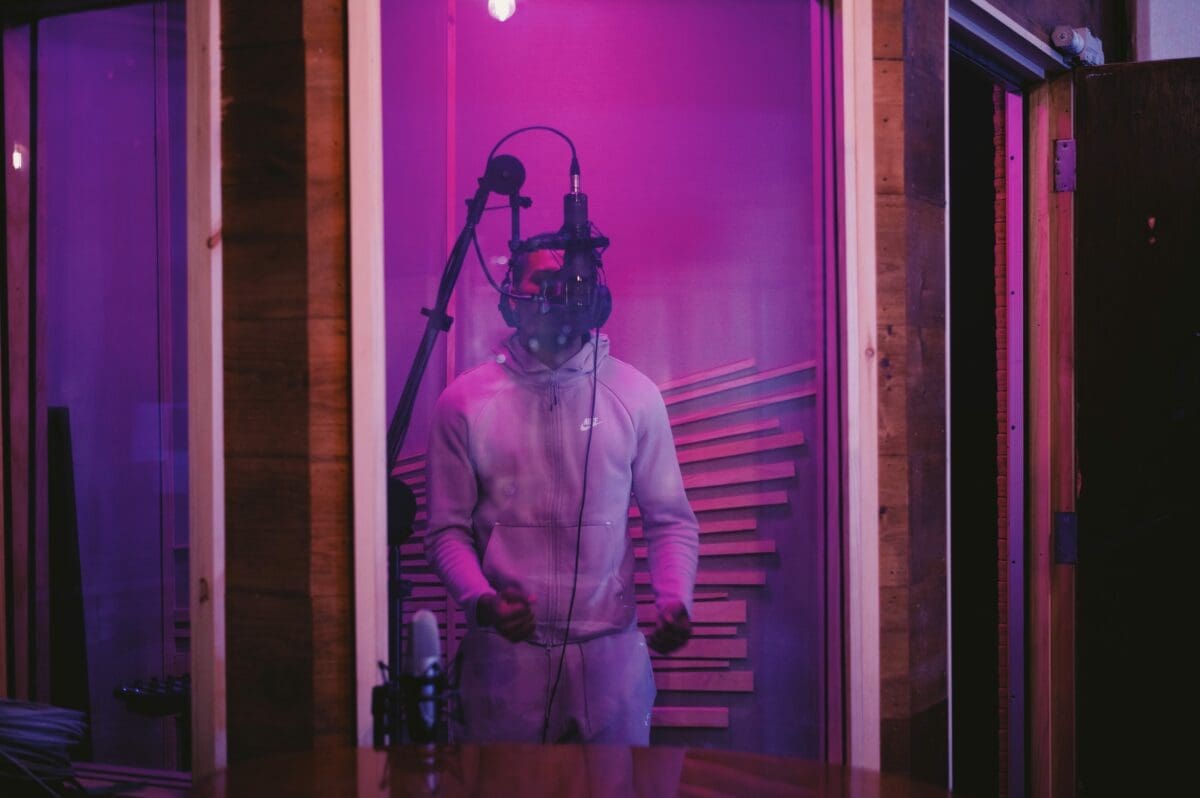
Recording good music takes hard work, planning and a bit of creativity. Here are our 10 Do’s and Don’ts for recording in the music biz.
The music industry used to be a closed system in which connections and networking trumped talent. But today, with the Internet providing a platform for all artists, the quality of your recording—your product—determines your success.
In the internet age, it’s easier than ever for aspiring musicians to get their music out there. However, if you want to be successful in the industry, you need to make sure your tracks are well produced, high quality, and well executed.
Good music is a natural marketer. Music fans will spread your name for you simply because the music is good. Promotion, touring, and record labels can only help so much.
1. Don’t Be Carried Away By Fads
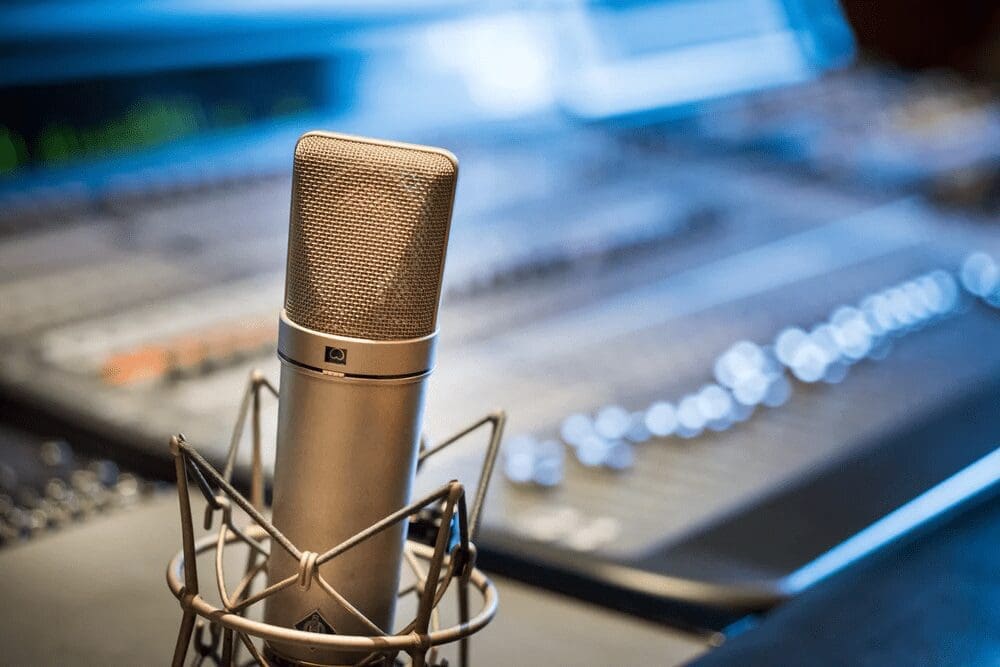
Unfortunately, we’ve seen this happen time and time again: record labels and management companies pour thousands of hours and millions of dollars into failed albums that no one wants to listen to. The idea that you can make it big in the entertainment industry with just a little bit of promotion and muscle is a common misconception. The road to lasting popularity is often paved with the tombstones of short-lived bands, whose members were promoted before their music was ready.
When you realize that anything can become popular, you realize that it’s time to take your craft of writing music seriously and make sure each song is the best it can be. Don’t promote dying songs that aren’t moving people; instead, focus first on making the songs people want to hear.
2. Don’t Release a Demo
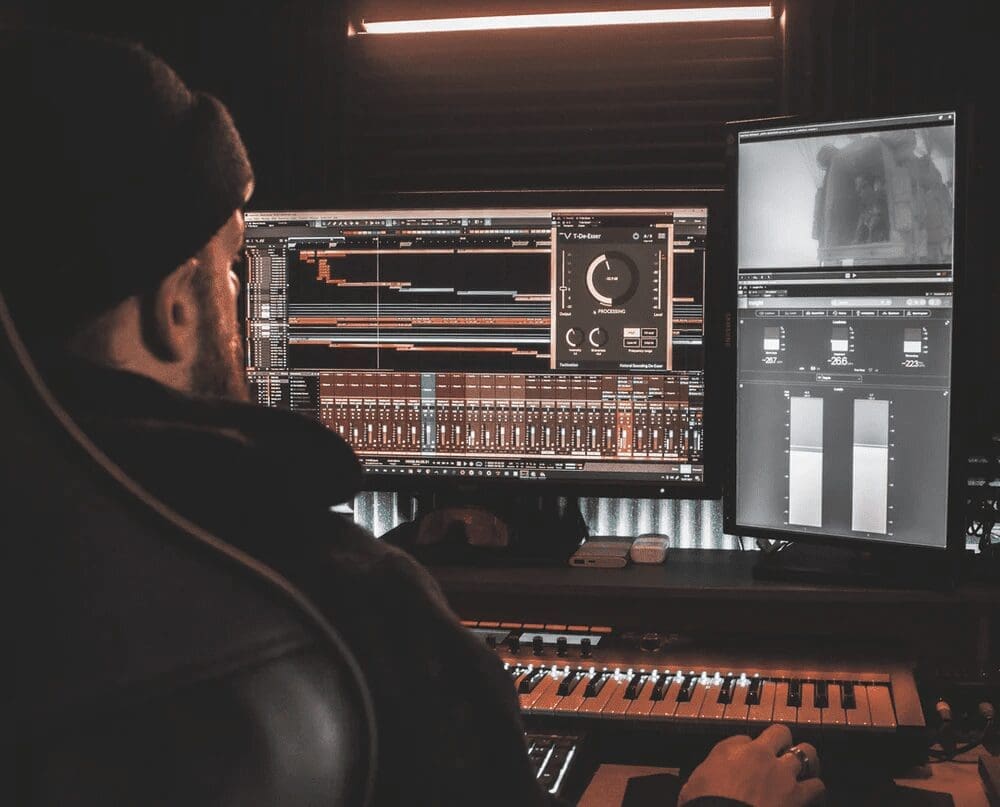
Demos are recordings of a band or artist’s original music, typically done with little or no budget. If you plan on making a demo to send to record labels, I have some advice: no one cares about mediocre recordings. Instead of wasting your time recording a demo and hoping someone will listen, focus on writing great songs. Now that anyone with a computer can access professional-quality recording software, listeners are no longer impressed by average tracks. They expect to be wowed.
Recording demos can be useful for experimenting with your sound, but they shouldn’t be something you release and promote to fans to attract label attention. The bottom line is that people expect professional-quality recordings, even from the newest bands.
3. Don’t Over-Explain Your Music
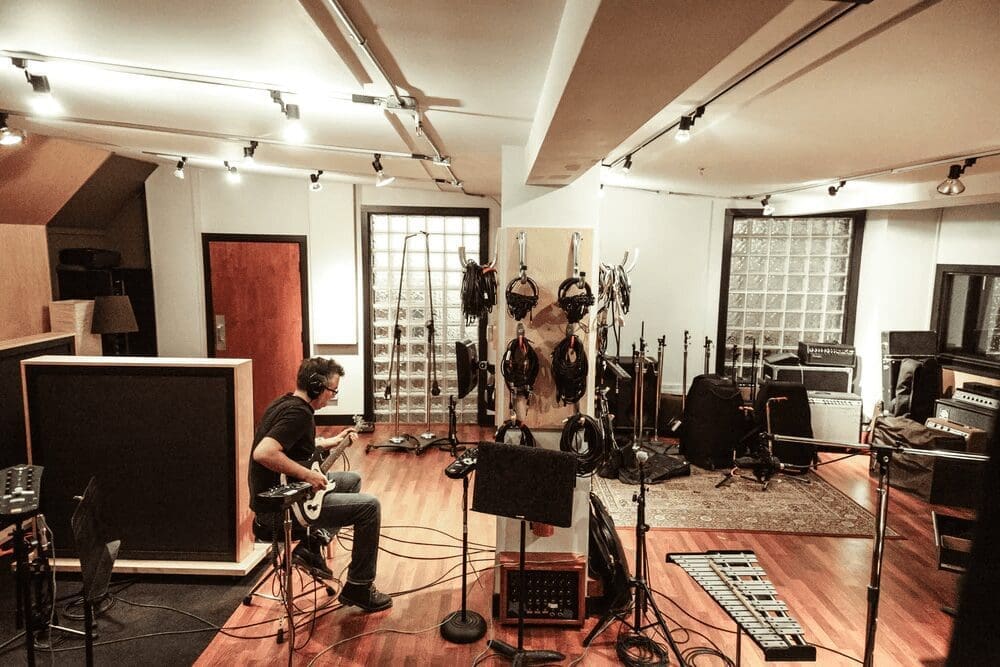
Bands often like to tell their story, but don’t rely on your public image to back up your credibility. Save these statements for a documentary—if you need to explain a song in order for people to appreciate it, you’re not making good music. Focus on the music and its execution. Every day, musicians release music that can make people feel good. Some of those songs get more airplay and attention than others. If you plan carefully, you can release a song that will appeal to your audience without any outside help.
4. Don’t Be Fooled When Selecting a Studio
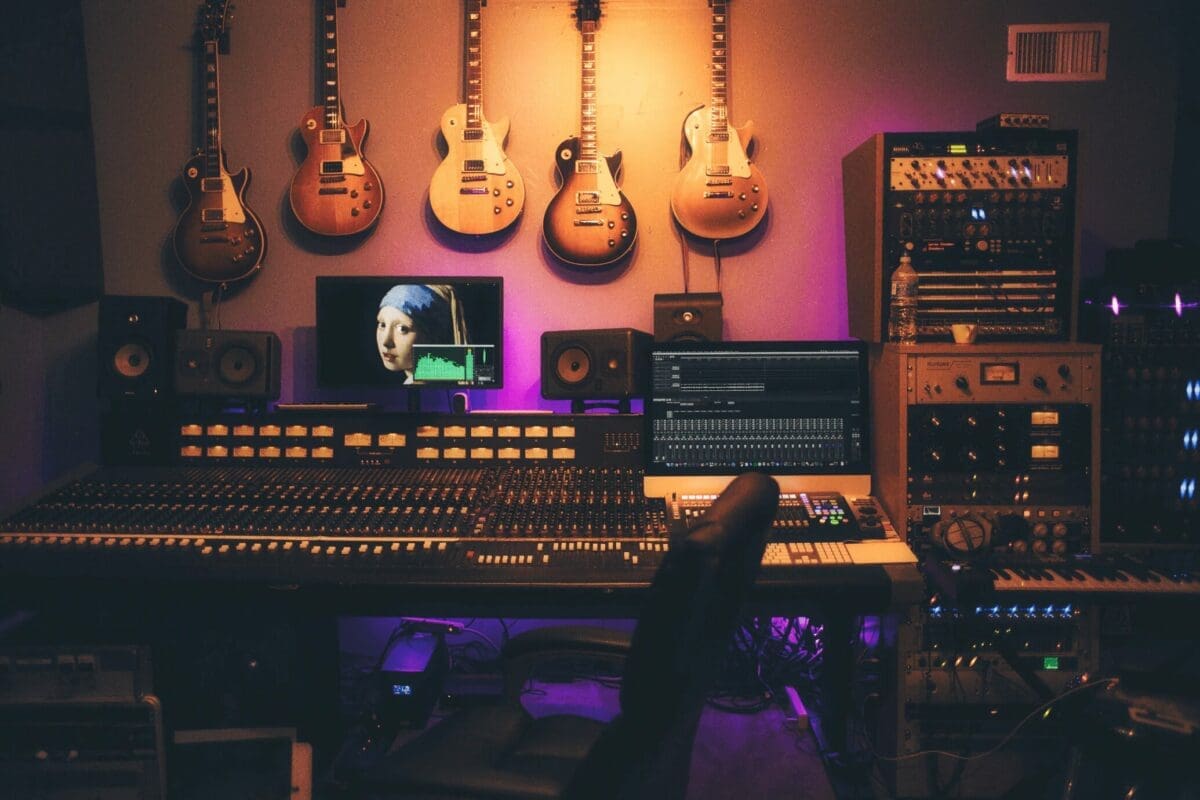
A big console, high ceilings and big windows are nice to have, but they don’t make great records. A talented person with good ideas for your music does.
Everyday, people make great-sounding records in their bedrooms that rival the best studio recordings. While you should make sure your studio equipment is in good shape, don’t mistake expensive gear for great songs.
Instead of looking for studios, seek out producers with a good track record. The producer who works on your music will shape its sound and mood by bringing his or her personality and taste to the project.
5. Don’t Be Fooled When Selecting a Producer
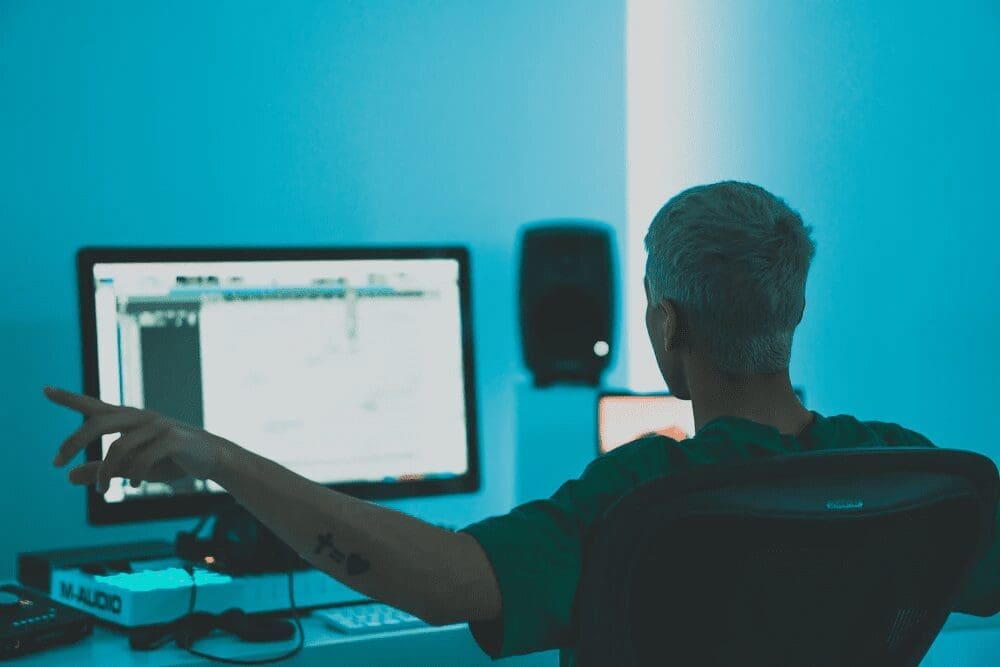
While a producer’s album history is important and can tell you a lot, it doesn’t tell you as much as you think. For one thing, you don’t know how involved the person was in making the album—it could be great because of his input or great because the musicians had their act together. For another thing, a list of great records someone has made does not mean they can make yours sound great too.
When choosing a producer, do not make your decision based solely on whether or not you get along with him. But if you do not get along with someone from the start, it can be a deal breaker.
When choosing a producer, start by finding someone who has made records that you like and who complements your sound. If you are missing strong drums, make sure the producer you are considering has a knack for recording drums, and ask him or her for tips on getting that sound.
Once you’ve found a candidate, it’s best to ask fellow musicians who have recorded with him or her and meet the producer. Once you’ve done so, you can decide whether to work together by listening to records together on your own sound system. Finally, test out producers by recording a single together. You’ll know right away whether their style and system work well with your own.
On the other hand, you can make legitimate recordings without going to one producer or any producer at all. Remember that you can use different producers to record different pieces of your music and that you don’t have to hire a producer if all you want is an engineer to run the technical side of the studio. These are decisions no one else can help you make — you have to decide for yourself.
1. Spend More Time Crafting a Song Than Recording

Great songs need great production to realize their potential, but bad songs will never become good no matter how well they are produced. Before you record a song, make sure it’s a great one.
Managing your output is a tough task, but it’s key to keeping fans happy and growing your fanbase. Skimming your best 10 tracks for an LP and shelving the rest can be a great idea, but it doesn’t let you feed your fans on a regular basis. On the flip side, if you record and release every song you write, you risk overwhelming fans or putting out music that could be better.
2. Plan For How Many Songs to Record
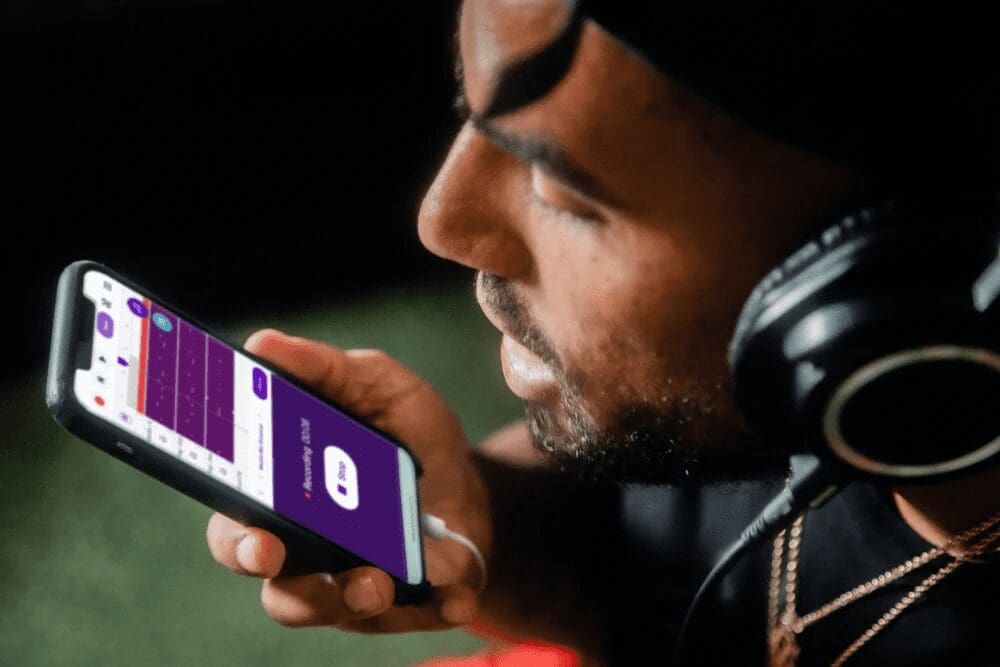
Before shopping for a producer or studio, make sure you have a clear idea of the sound you’re going for and the goals you want to accomplish. Are you trying to get signed? Get some fans? Sell at shows?
It all depends on what you’re trying to achieve. If you want to release an album or EP, you’ll need to record at least four or five songs. If you just want to create some buzz and attract a team, you can record just one or two tracks.
When you’re choosing between releasing an EP or an LP, keep the pros and cons in mind. An LP is more profitable and makes a statement, but it also requires more time and money than an EP. If you’re short on time, money, or only have a few well-written songs ready, an EP can help you focus on your strengths—and give you enough material for someone to bite into and enjoy. Additionally, while singles can leave fans wanting more, an EP can be just enough to satisfy them.
It’s always a good idea to record more songs than you need for an album. You can always save extra songs for later albums or release them as bonus tracks or a B side.
3. Record Yourself First
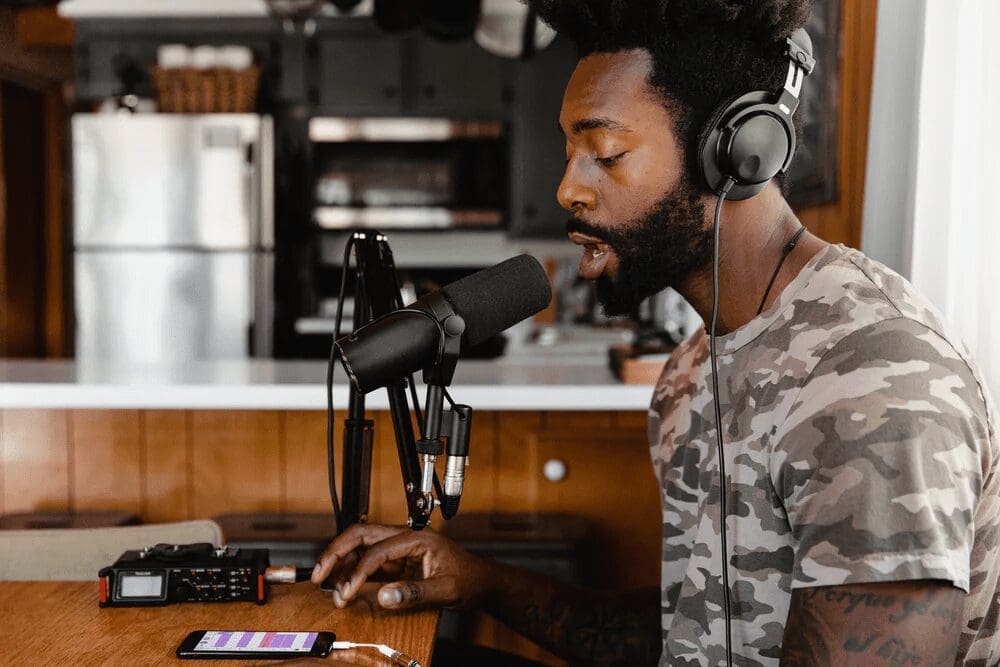
Musicians often know that they should record themselves practicing. When you hear your song played back through speakers, it is much different than hearing yourself jam in rehearsal.
Musicians who do multiple overdubs and record every possible idea–as opposed to a one-take demo of the song played live–always walk out with better results than musicians who don’t do this.
When you record your demos, be sure to have them well thought out so that everyone involved in the project can be more creative with a greater vision of where the song should go.
4. Reference the Classics
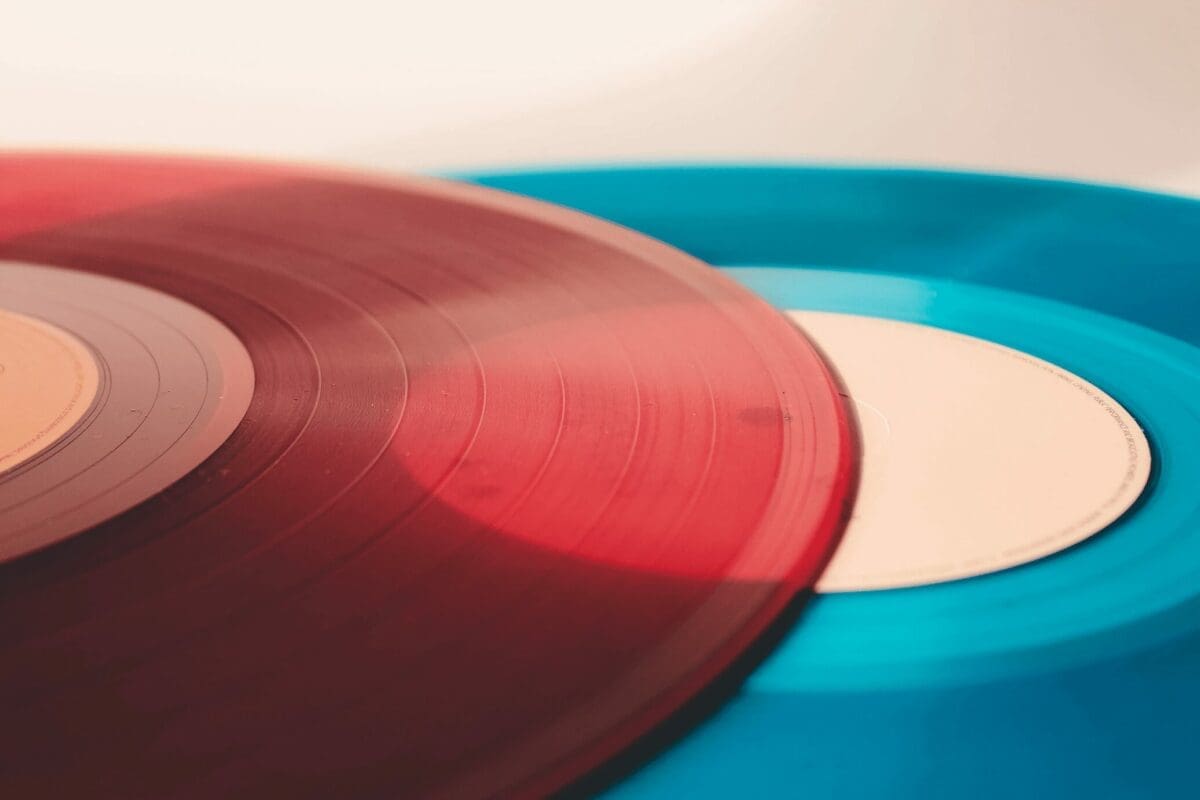
Before you start making a recording, get together with your band to decide what a great record means to you and your band. Listen to your all-time favorite albums and songs, and then break them down into parts to study. What do these records consist of?
These questions may seem trivial, but they’re vital to finding out what works for your band and your genre.
It’s also a good idea to show your producer musical references when you communicate what kind of record you want to make. It can be tough to describe with words what you want a song or record to sound like, especially when words have so many different meanings. Instead of using words, use sounds you like (like those found in reference mixes and favorite records) when talking with your producer about the sound you want.
5. Be Realistic
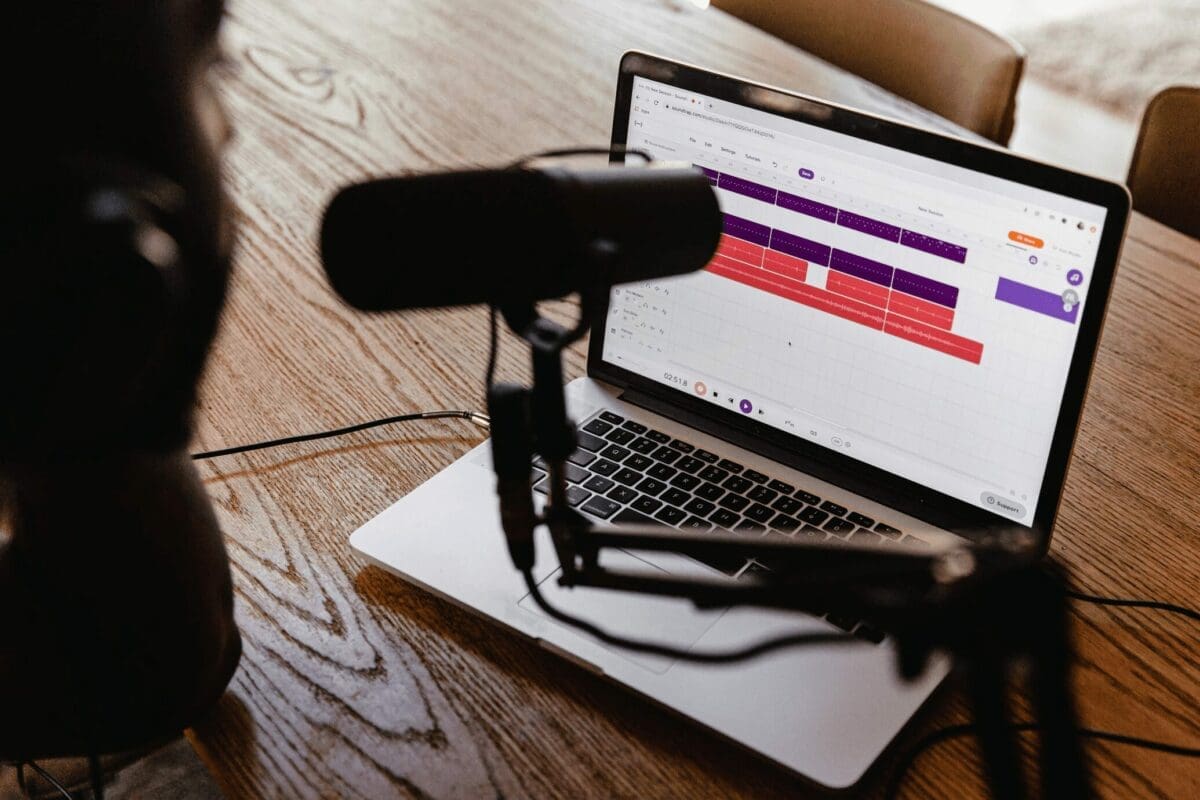
This might be the hardest one.
Before you commit to recording a record, ask yourself if you’re ready and have done your homework. It’s an expensive, time-consuming process so be realistic about whether you’ve rehearsed enough and how fast or slow your creative process moves. Also ask yourself if your budget will allow you to accomplish your goals for the album — make sure you have enough time to devote to each track. That said, don’t sell yourself short: if you could put in 10% more recording budget to tweak some specific things and have an exceptional, rather than good, record, do it.
Before recording, make sure you know exactly what to expect from the studio, producer, and engineer. This includes any deadlines or benchmarks for the project and how to handle any issues that may arise during the process.
Before signing any deals, have a long and frank discussion with your potential producer or engineer about professionalism, artistic and technical input, and rules for undivided attention, timeliness, and payment.
Be sure to discuss your terms with the other party before proceeding. Artists, producers and managers should be able to work together in a friendly manner to ensure everyone is satisfied.
Summary
If you’re looking to learn about Music and Copyright, check out our other blog post! We also have guides to help you understand Music Royalties, Music Licensing, and how to get started when it comes to selling your music online.
Are You An Artist?
Here at Мusic Gateway, we have recently started offering a selection of royalty-free music! We also have a massive music library full of incredible tracks. This is not royalty free, however, we have the copyright holder information and so we can help you license any track in our library very easily! Check it out today!
Not a member of Мusic Gateway yet? Why not! Take advantage of our 14-day no-strings-attached free trial, and join us in our mission to empower the global creative community. The game is changing, be a part of it…






